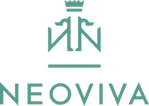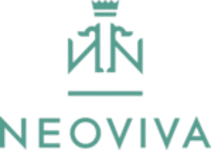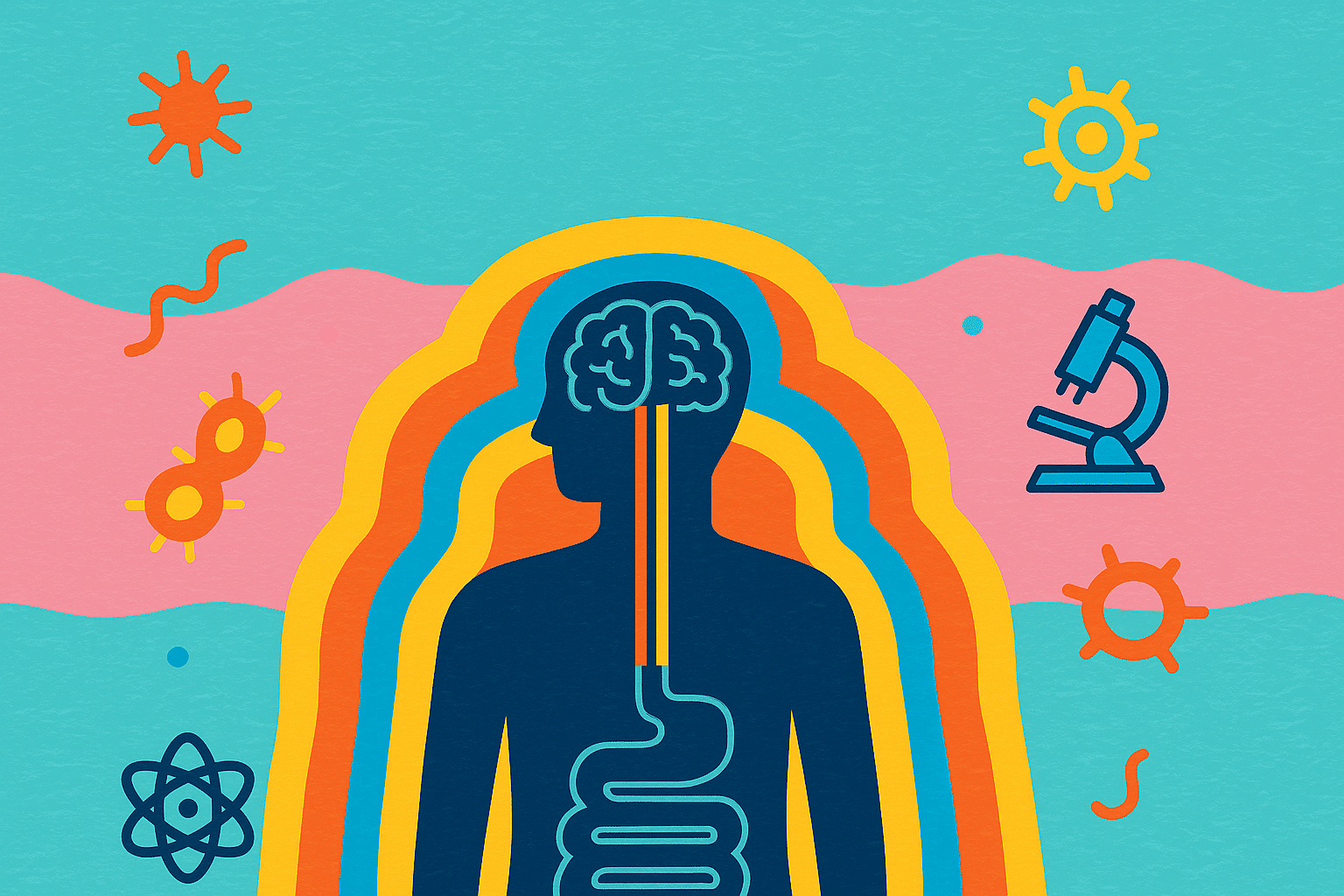Recovery from addiction is complex and requires multitudes of interventions. Pharmacological interventions may be needed during the early stages of recovery, followed by neurocognitive and behavioural therapies, individual and group psychotherapies, meditations, mindfulness training, physical exercise, etc. Most clients with addiction show comorbidity such as depression, anxiety and stress. Some experts consider them as the antecedents, but more importantly, it is apparent that addiction and mental health issues influence each other. The dopamine-based reward cycle and the network of brain-hormone glands (HPA) and their changes due to depression and anxiety are the most common lines of neurobiological inquiries to understand addiction and recovery. Psychological inquiries focus on developmental sources of depression and anxiety, emotional processes and their links to thinking, habit formation and somatic responses. The importance of social anxiety, the dynamics of relationships and exploration of one`s authentic self are also addressed to explore the long-lasting recovery. Since the advent of advanced neuroimaging, most inquiries have been swayed towards the brain, which has the highest number of neuronal connections, and the body, which has been considered subservient. The brain connects to the body via the nervous systems – one set of them is under our voluntary control, such as movement, and other sets are primarily out of your conscious control, transmitting to the physiological and psychological pains and pleasures and regulating our breath, heartbeats, digestion and body temperatures. This hierarchical connection between the brain and body has been under scrutiny from various avenues. Most Eastern philosophies reject a mind-body duality – not the brain as master of the body but both being friends. Recently, there has been increasing interest in the role of the gut in our physiological and psychological well-being. Since the gut is the second most neuron-dense organ in our body, this could be a fertile testbed for neurocognitive sciences of mental health and addiction recovery.
Gut-Brain-Axis
Polyvagal theory has been on the scene for some time, which explains the processes of stress and calmness and has been used to devise various behavioural and psychological interventions. This theory focuses on the function of our nervous system which plays a prominent role in our fight-or-flight responses to threats (sympathetic nervous system), our freeze response and socialisation (the dorsal vagus nerve), and our resting and digesting related responses (the ventral vagus nerve). Interestingly, the sympathetic nervous system and vagus nerve connect our brain to our gut.
A large body of studies demonstrates a strong connection between stress-related mental disorders and gastrointestinal problems (GI). Polyvagal theory supports the dysregulation of stress responses affecting GI problems through neuronal instructions from the brain to the gut and feedback from the gut to the brain. This is the first indication that the gut plays an essential role in managing stress and, in turn, can help us understand the part of the processes involved in mental health and recovery.
We all experience `gut feelings` and sensations in our gut when we encounter intense emotive stimuli. Since mental health issues such as depression and anxiety are common in people with addiction and the studies demonstrate two-way links, recently, the interest in exploring the role of the gut in addiction has been gaining interest among neuroscientists working on addiction.
The role of the gut microbiome in mental health and addiction recovery
Gut microbiome
The human gut is home to 10–100 trillion microbial cells, primarily bacteria, that coexist symbiotically with the body. These microbes play vital roles in both physiological and mental health. By consuming nutrients and fibers passing through the intestine, they produce protective chemicals and neurotransmitters essential for well-being. Some microbes strengthen gut barriers, defending against harmful pathogens and reducing inflammation, while others support the integrity of the blood-brain barrier, protecting the brain from neuroinflammation.
Additionally, these microbes produce precursors for mood-regulating neurotransmitters like serotonin, dopamine, GABA, glutamate, and oxytocin. They also contribute to the production of ghrelin, a neurotransmitter linked to hunger regulation. Remarkably, research has shown that transferring microbiomes from obese rats to lean ones causes the lean rats to become obese, demonstrating the microbiome’s profound influence on metabolism.
The gut microbiome also communicates with the brain via the vagus nerve. Chemicals produced by gut microbes stimulate the vagus nerve endings in the gut, establishing a direct line of communication. This “gut-brain axis” operates through two main pathways: a chemical pathway involving neurotransmitter precursors and a neural pathway via the vagus nerve.
The gut and mental health
Growing evidence highlights the strong connection between the gut microbiome and mental health. Dysregulation of neurotransmitters such as dopamine, serotonin, GABA, glutamate, and oxytocin has been implicated in conditions like anxiety, depression, and stress-related disorders. Interestingly, the gut microbiome actively supports the maintenance and synchronisation of these critical neurotransmitters. Research has revealed higher concentrations of serotonin and GABA—both calming neurotransmitters—in brain regions associated with worry, impulsivity, and memory, suggesting the microbiome’s influence on emotional regulation.
The gut impacts brain neurotransmitters through two primary mechanisms: by producing precursor chemicals that are small enough to cross the blood-brain barrier, and by stimulating the vagus nerve, offering a faster pathway to regulate mood. Social anxiety, in particular, has been linked to the microbiome’s role in producing precursor chemicals, including those involved in oxytocin synthesis. Oxytocin, often referred to as the “social neurotransmitter,” plays a crucial role in social bonding and is produced in key brain regions. Notably, the introduction or reduction of specific microbiome strains has been shown to influence these effects, offering potential avenues for targeted therapies.
The gut and addiction
Mental health issues often co-occur with addiction. A large body of research demonstrated that anxiety, depression, other stress-related mood disorders and specifically, social anxiety are commonly seen among those with alcohol, cocaine, and opioid addictions. Psychological interventions primarily deal with these mental health issues as part of recovery.
The imbalance in the microbiome is also common in addiction. There are two pathways of mutual effects in addictive behaviour and imbalance of microbiome. On the one hand, the toxic effects of substances adversely affect the colony of the beneficial bacteria in the microbiome; it also affects gut-blood barriers, leading to immune responses in the blood, body and brain. The infections in the brain are linked to irregularities in mood-modifying neurotransmitters. It also affects the vagus nerve, which is crucial to mood regulation. Additionally, lacking good bacteria leads to a shortage of precursor chemicals needed to maintain mood-enhancing neurotransmitters. Some of the difficulties in addiction prolonging the treatment of addiction are social anxiety and loneliness. The core neurotransmitter that reduces these conditions is oxytocin. As the microbiome plays an important role in producing and maintaining oxytocin, a healthy microbiome colony would serve as additional support to reduce social anxiety and other issues related to social relationships.
The way forward
The connection between gut health and mental well-being is increasingly evident, with general mental health playing a critical role in recovery. Maintaining a healthy gut can, therefore, support a healthy mind. Additionally, research has highlighted a strong link between gut health and addiction, revealing a bidirectional relationship: substances of abuse harm the gut microbiome, which in turn disrupts the regulation of mood-related neurotransmitters and the proper functioning of the vagus nerve. An imbalanced microbiome reduces the availability of essential chemicals required for neurotransmitter production.
Ongoing research is exploring gut-based interventions for addiction recovery. Diets rich in fiber, healthy fats, and protein can mitigate the harmful effects of microbiome-disrupting substances, such as antibiotics. Medium- and short-chain fatty acids, along with supplementary prebiotics, have emerged as key components of gut-focused therapies. However, challenges remain, including ethical concerns surrounding human trials and the complexity of understanding the precise interactions between the gut, vagus nerve, and brain.
In the future, advances in research are expected to lead to more personalized interventions, tailored to the unique needs of individuals based on these findings.




0 Comments